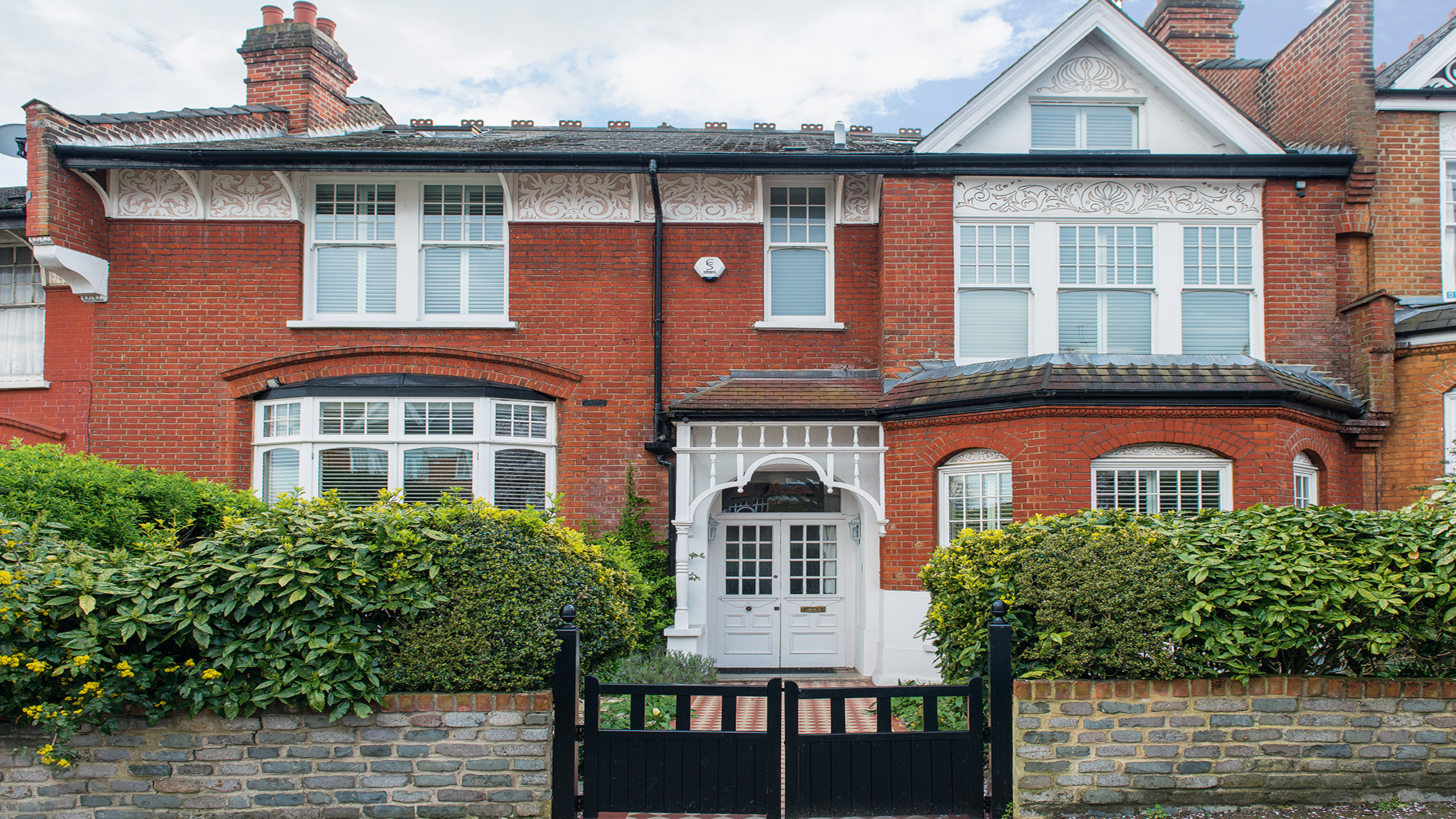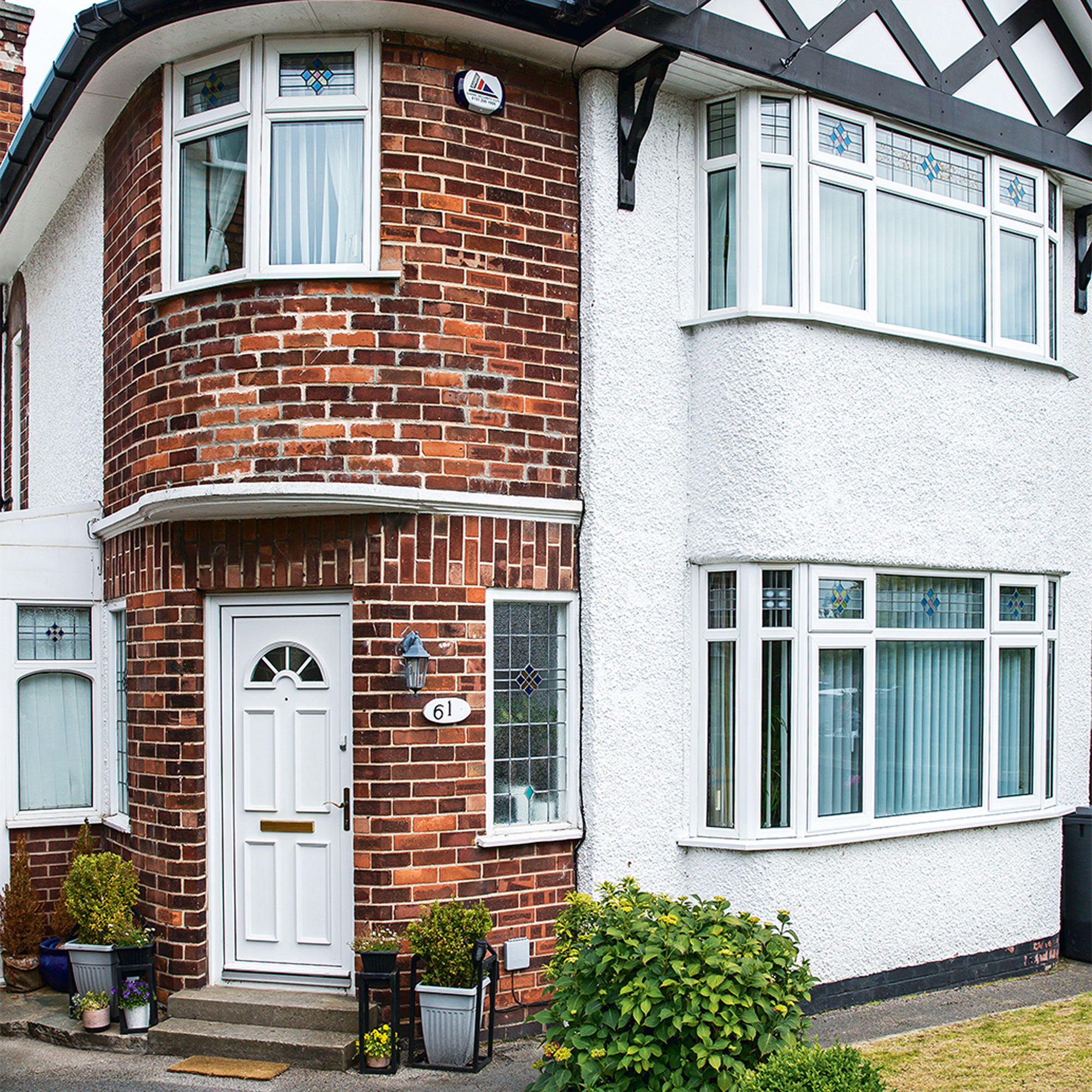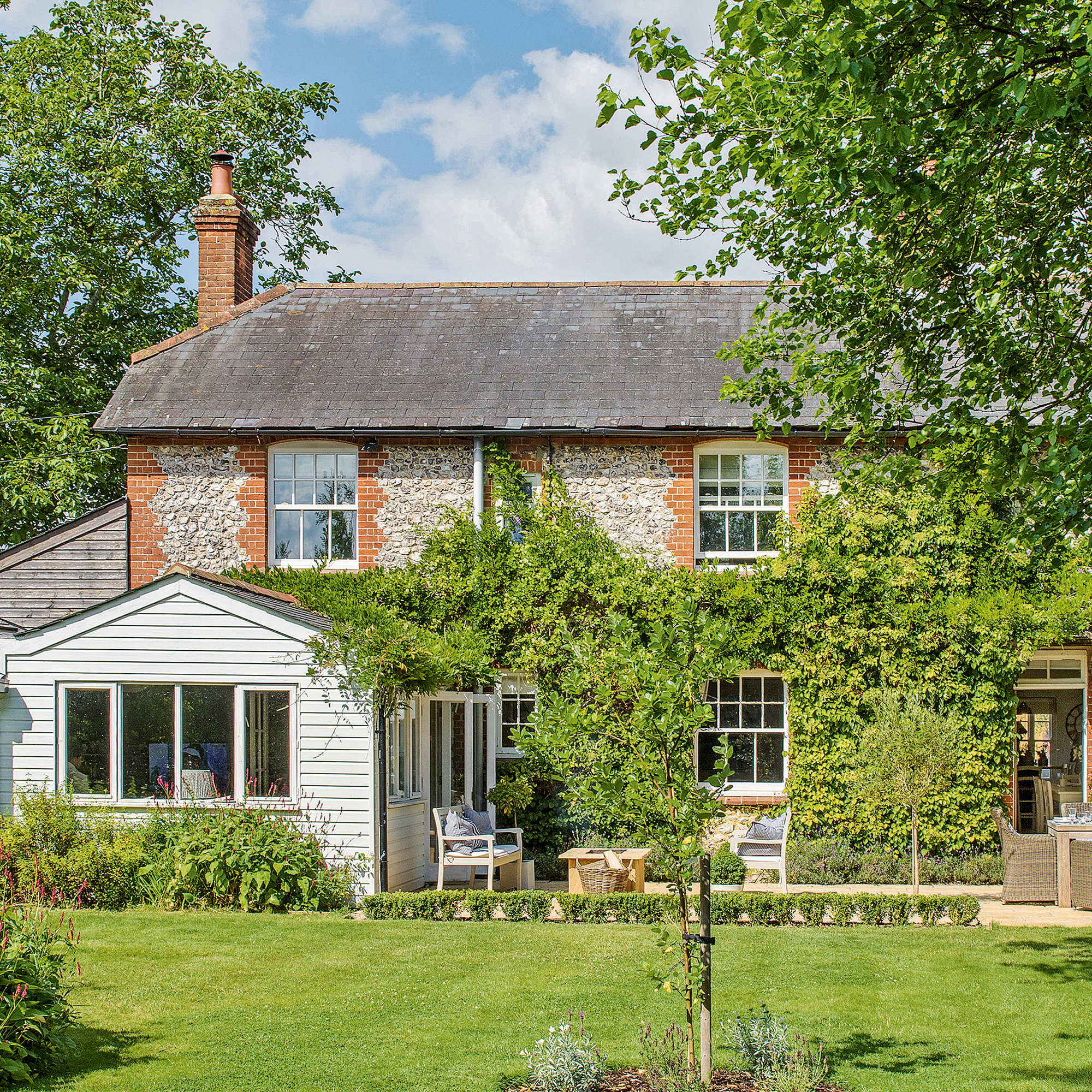Is now a good time to invest in property?
With house prices on the slide and rents reaching record highs, is now a good time to invest in property?

Sign up to our newsletter for style inspiration, real homes, project and garden advice and shopping know-how
You are now subscribed
Your newsletter sign-up was successful
If you are looking to invest in property to help boost your income, you might be wondering whether now is the perfect time, with house prices starting to fall and rents rising.
A buy-to-let is a long-term investment that offers you the opportunity to grow the value of your capital and receive an income too. But the buy-to-let market has become much more complex and challenging in recent years. Plus, mortgage rates are rising as the Bank of England trying to curb high inflation,
So is 2023 a good time to invest in property or will you be better off waiting until the market changes?
Is now a good time to invest in property?
Whether now is a good time to invest in property depends on your financial circumstances and investment objectives says Greg Tsuman, a north London letting agent and president elect of industry body the Association of Residential Letting Agents Propertymark (ARLA). However, several market forces have come together in 2023 which make investing in property a tempting prospect.
'If you’re an investor who can buy in cash, now is a fantastic time to invest in property,' he explains. 'In north London and in other parts of the country, rents have shot up by 25% in the last two years and demand from tenants has gone through the roof.
'But for those who need a buy-to-let mortgage, due to rising interest rates and changes to tax rules, they will just about break even. They’ll need to adopt a long-term view to their investment and be in position to cover the mortgage payments for the next five years.'

Reasons to invest in property in 2023
Falling house prices
House prices are expected to fall by between 5% and 10% this year, but there is no expectation that there will be a house price crash. The drop in prices presents investors with a buying opportunity and the chance to negotiate over the asking price.
Sign up to our newsletter for style inspiration, real homes, project and garden advice and shopping know-how
Sophie Lang, of Cornish letting agency Lang Llewellyn & Co, says: 'Now is great time for investors because the prices are coming back down to normal level but rents remain high which makes rental yields extremely good.'
The yield is a measure of the rental income you earn from your property compared to the value of your property. If you’re trying to work out if your rental yield is good, experts say compare it to the rate of return you would get if you put your money in a savings account.
According to Zoopla, average national yields range from 4% to 7%, but can go up to 10% for large house share properties known as Houses in Multiple Occupation (HMO).
Soaring rental demand
Landlords who price their properties correctly have a queue of tenants at the door says Sophie Lang, of Cornish letting agency Lang Llewellyn & Co.
'We get around 10 applicants per property and in some cases we’re having to stop people from viewing. We had one property advertised last week, a family home in Falmouth, which received 150 enquiries in the first 24 hours.'
Zoopla found that demand for rental homes was 50% higher the average level of tenant demand seen over the last five years driven up by a strong labour market, record immigration and an influx of overseas students. At the same time, the supply of homes to rent has increased by just 1% since 2016.

High rents
With nowhere near enough homes to satisfy renters’ housing needs, rents on newly-let properties (not the rents of those with existing tenancies) have rocketed by an average 11% in just a year taking the average rent to £1,119 a month.
Rents are expected to continue to rise this year but at a slower pace as affordability pressures weigh down on tenants and new mortgage schemes, such as 100% mortgages, offer renters a chance to get on the property ladder, easing demand.
But location is key
The location of your rental property remains crucial to its success, despite high demand for rental properties.
Paul Smith, founder of Redmayne Smith, says: 'Find where the current prime or up-and-coming areas are by speaking to local agents. If you want to manage the property yourself, consider somewhere in close proximity to make this a smoother process.
'Consider the cities and areas that are being heavily invested in that are likely to be cities outside of London such as Birmingham, Manchester.'
Glasgow and Manchester were revealed as the two best cities for property investors, according to Redmayne Smith’s latest research, because they provide the best rental yields for landlords.
Decide who you want to rent to such as families, students or young professionals and choose properties that will appeal to their lifestyle. Properties close to transport links are highly sought after by young professionals. Apartments or HMOs close to universities or hospitals will attract interest from students and student nurses.

What are the drawbacks of investing in property in 2023?
Despite runaway rents and demand, there are several drawbacks to investing in property. A combination of tougher taxation rules, incoming regulations and higher buy-to-let mortgage interest rates have caused some landlords to throw in towel.
ARLA’s Mr Tsuman explains: 'The biggest problem for landlords, especially those who own an investment property in their own name rather than a limited company, is no longer being able to deduct their mortgage costs from their tax bill. This is probably one of the biggest changes that is forcing rents up.' To remain profitable landlords are forced to pass the costs on to tenants, or sell up.
Up until 2016, landlords could deduct their annual mortgage costs from their rental earnings before calculating their tax bill. This was phased out from 2017 to 2020 and replaced with a 20% tax credit which leaves higher rate taxpayers worse off.
Additional challenges for landlords include the requirement to upgrade all rental homes to a minimum Energy Performance Certificate rating of C by 2028 and the incoming Renters Reform Bill, which could make it more difficult for landlords to evict tenants.
Can I still get a buy-to-let mortgage in 2023?
Yes, you can still get a buy-to-let mortgage but since interest rates have risen it’s harder for some landlords to get the loan amount they need.
Landlords who need a new mortgage deal on their existing investment property because their fixed rate has just expired are seeing their monthly payments double or even triple.
Others are being declined a remortgage because the rent they charge is no longer high enough to cover the new, higher mortgage repayments. This is driving some landlords to sell or use cash earmarked for another investment property to pay off some of their mortgage balance to be accepted for a remortgage deal.
Those purchasing a new investment property may need to put in a larger deposit than was necessary 12 months ago to buy the same house.
Jeni Browne, sales director for broker Mortgages for Business, says: 'When applying for a landlord mortgage the amount you can borrow is specific to the property type and monthly rent it can generate. When you’re buying a home to live in, the loan amount is specific to your personal circumstances.'
For example, if a landlord wants to purchase a property worth £300,000 with a 25% deposit and the rental valuation of the property is £1,000 a month, they would be declined based on the current average fixed rate of 4.8%. To be accepted, the landlord would need to charge rent of £1,479 a month, which is unachievable for this property. However, if the landlord had a 50% deposit they would be accepted. Based on a loan of £150,000 (50% of the purchase price), the rent required would be £980 which is less than the £1,000 a month rental valuation of the property.
Samantha Partington is a personal finance journalist specialising in mortgages and the property market.
Over the past nine years, Samantha has worked for the Daily Mail, trade website Mortgage Solutions and business title Property Week. She regularly writes for national money pages including Money Mail and Sun Money and supports prop tech firms with content writing.